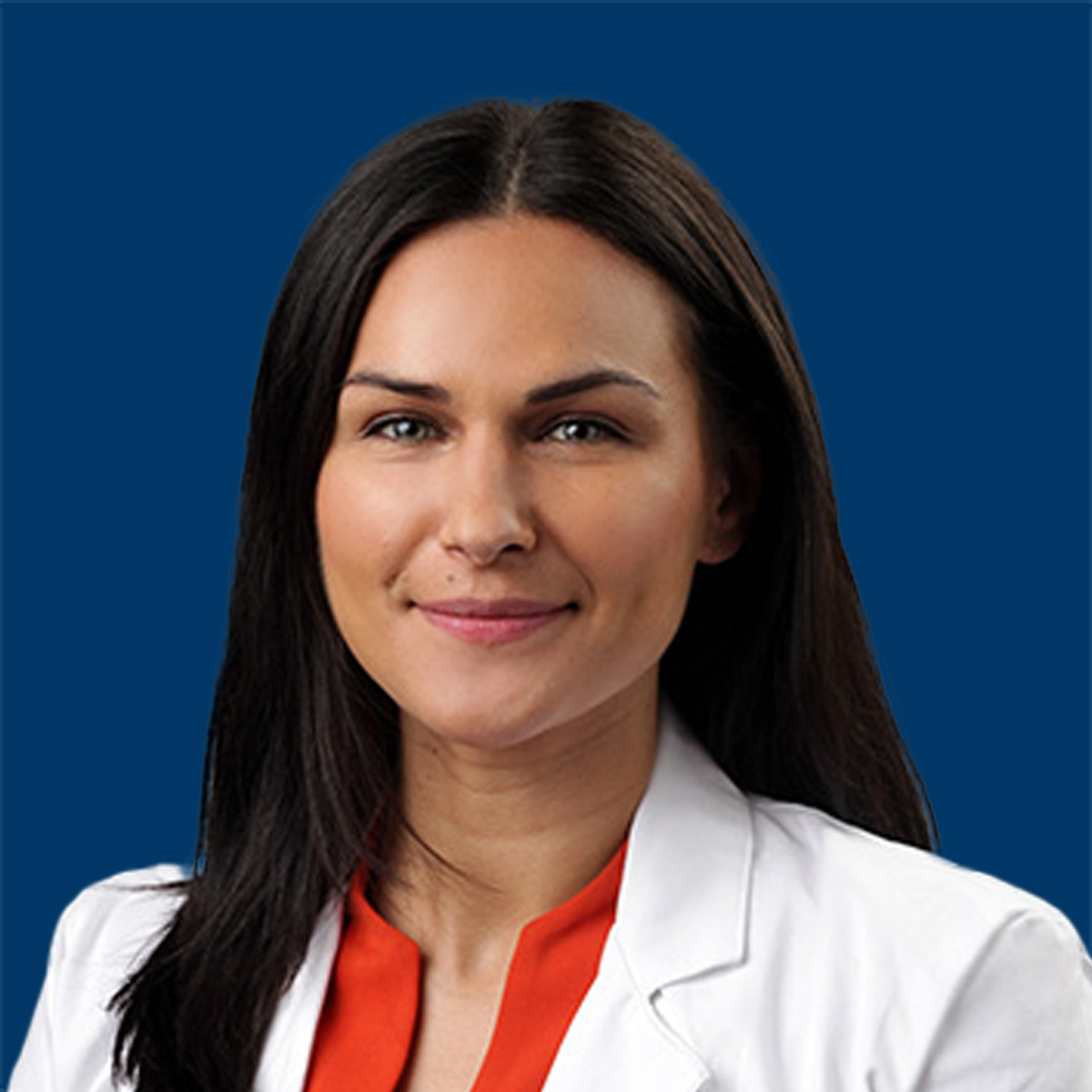Video
Dr. Saba on the Impact of COVID-19 on Telehealth in Head and Neck Cancer
Author(s):
Nabil F. Saba, MD, FACP, director, Head and Neck Medical Oncology Program, Winship Cancer Institute of Emory University, professor, Department of Hematology and Medical Oncology, Department of Otolaryngology, Emory University School of Medicine, discusses the impact of the coronavirus disease 2019 (COVID-19) on telehealth in head and neck cancer.
Nabil F. Saba, MD, FACP, director, Head and Neck Medical Oncology Program, Winship Cancer Institute of Emory University, professor, Department of Hematology and Medical Oncology, Department of Otolaryngology, Emory University School of Medicine, discusses the impact of the coronavirus disease 2019 (COVID-19) on telehealth in head and neck cancer.
Telehealth has become an integral element of health care. Providers have begun to structure clinics so that patients who are healthy enough to be treated and managed remotely can do so through telehealth, says Saba.
In head and neck cancer, there are 2 groups of patients. Those who have good prognosis who may be in follow-up after definitive therapy or have stable disease. These patients are not receiving high-dose cytotoxic chemotherapy that would put them at high-risk of COVID-19, says Saba. Therefore, they can be seen remotely through telehealth.
However, patients who present with an acute illness that requires immediate care don’t necessarily have the luxury of using telehealth. These patients need to be managed in the clinic, says Saba, despite the added complications COVID-19 poses.









